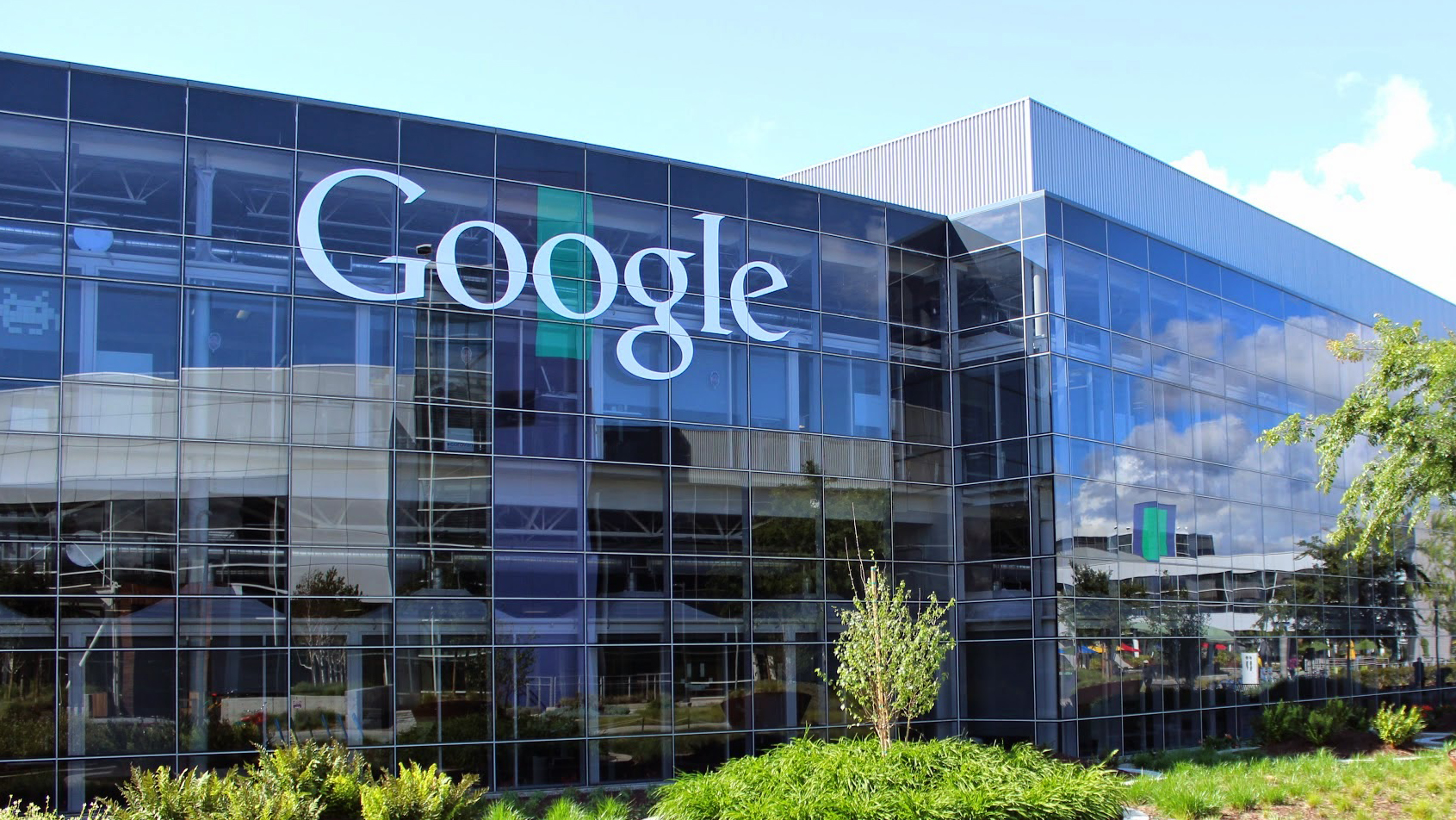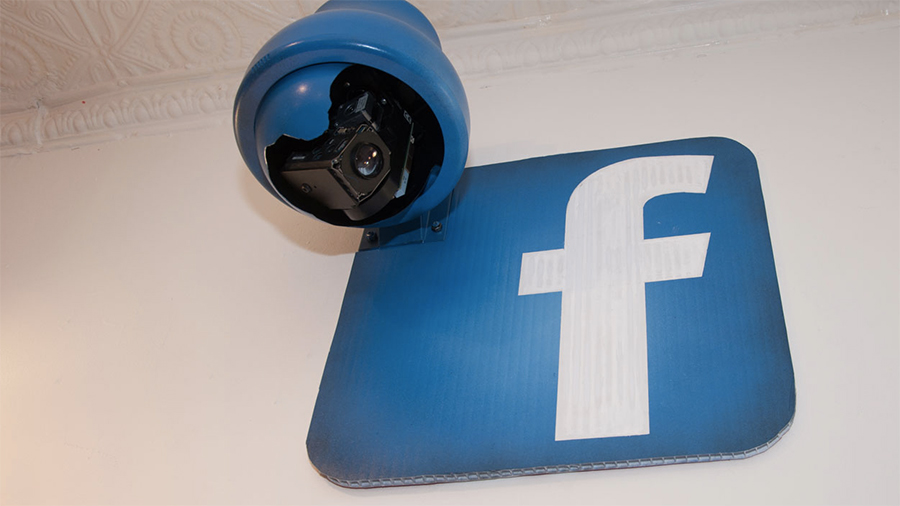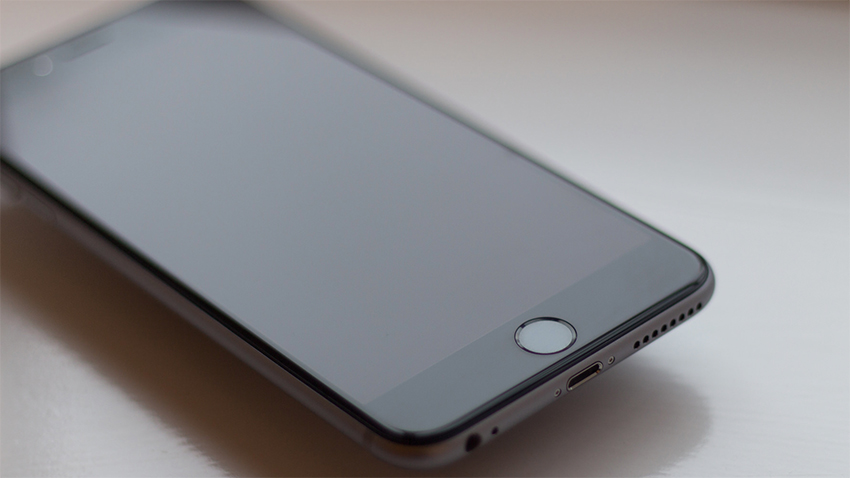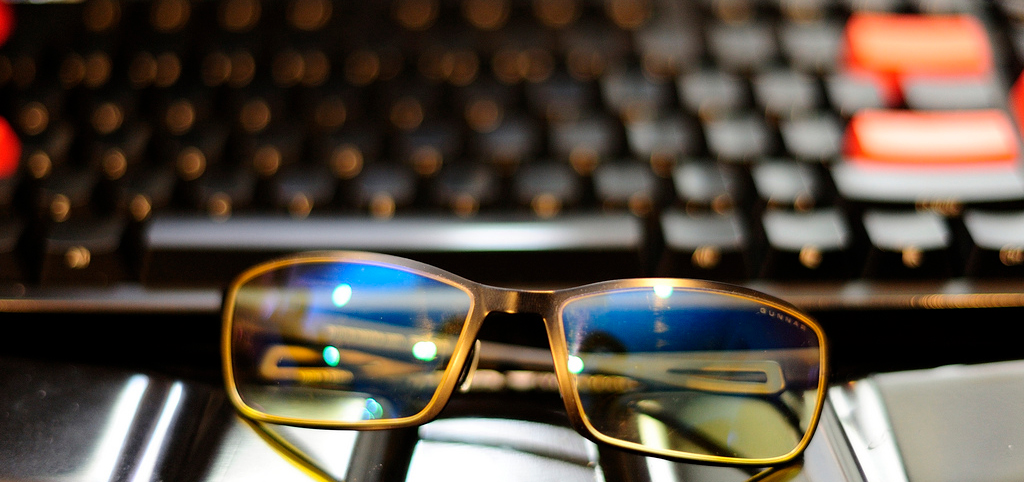You might think you’re pretty good at making sure you don’t share your internet life with the entire world. You use Facebook’s strictest privacy settings, don’t share anything sensitive on Twitter, and you regularly trash your laptop’s browsing history. All good, right? Nope. All that “anonymized” data you leave behind out in the ether is still totally you, and it’s far easier than you think to make it paint your picture and yours alone. [More]
big data is watching

FBI To Parents: Watch Out For Kids’ Privacy With Internet-Connected Toys
A basketball, a Lego set, or a box of crayons is largely what it seems, but modern “smart toys and entertainment devices” for kids have a lot of things in them that can collect sensitive data. And as more and more of a kid’s nursery fills up with gadgets that connect to Bluetooth, the web, or parent apps, the feds are advising parents to be wary. [More]

These Forms Collect Your Data Even If You Don’t Hit “Submit”
If you fill in a web form and hit “submit,” you expect your data to get whisked off into the great ether, and probably from there to be shared with third parties. But you probably don’t expect your keystrokes — and form auto-fill fields — to be captured and sent away as-entered, before you hit submit. And yet, a new report claims, that may be exactly what’s happening. [More]

Facebook Crosses 2 Billion User Mark, Now Used By 27% Of Entire World
It’s not literally everyone, but it sure feels like it some days: Facebook has announced that as of today, it officially boasts more than 2 billion (yes, with a b) active users per month… a number that only keeps going up. [More]

Google Following Your Offline Credit Card Spending To Tell Advertisers If Their Ads Work
Google’s holding its annual conference for marketers today in San Francisco, and to kick it off they’re announcing some new tools advertisers can use. One of them promises to tie your offline credit card data together with all your online viewing to tell advertisers exactly what’s working as they try to target you and your wallet. [More]

Facebook Tells Developers To Quit It With The “Surveillance” Already
Your phone knows where you are, because it’s there with you. And when you use social media to post photos and talk with friends about an event you’re at, that’s data that can be scraped and used… including by cops who want to figure out what you’re up to. But not so fast, Facebook now says: If you want to build an app for surveillance, you’re going to have to do it without their data. [More]

5 Things We’ve Learned About How Companies Track You Online And Off
Is there an ad that seems to be following you everywhere? Perhaps you browsed for new sneakers in a slow moment at work a week ago, and now you see ads for them on every site you view on your phone? Or maybe you clicked an ad on Facebook, and now that company’s product seems to be stalking you around the internet, asking you to buy it in every sidebar ad you see. [More]

Calling Customer Service? An AI Is Picking The Agent That’s “Best” For You
Think back to the last time you had to call a real, live person in order to complete a purchase or have a problem resolved. How did it go? Did you and the customer service representative you spoke to have trouble understanding one another in some fundamental way? Or was it a smooth interaction, almost as if the CSR you spoke with was carefully hand-picked for you by robots?
If it’s the latter, it might be because the CSR you spoke with was in fact carefully hand-picked for you by robots. [More]

Your Phone Sends All Your Call Records To Apple When iCloud Is Turned On
You’ve got a computer in your pocket that works as a camera, a video recorder, an internet connection, a game console, and everything else. And odds are good there’s some data on there that you want backed up safely, and that you use a cloud storage service to do just that. But your smartphone is, indeed, a phone — and your good old-fashioned calling records may be going places and getting stored in ways you do not intend. [More]

New Google Accounts Now Opted-In To Ad Tracking Features By Default
Remember when Google’s default setting was to maximize your privacy? Well, Google doesn’t. The internet’s biggest advertising company has now quietly shifted its baseline privacy behavior, so you’ll want to watch out if you’re creating any new accounts. [More]

Why Is It So Hard To See What’s Inside The “Black Box” Determining What Prices You Get Online?
You’re a savvy shopper, a well-educated consumer. You know to shop around to look for the best price on something before you fork over your cash. And after doing all your homework, you find out from Facebook that a friend on the other side of the country got the same item from the same website for less than you just paid. Why? How? Because an algorithm decided how much each of you should pay, and there’s nothing you can do about it. [More]

How Much Control Do You Actually Have Over Your Private Data?
“Privacy” is the buzz of our era, but… what even is privacy? Different consumers, businesses, and regulators each have their own definitions and perspectives on the issue, while the law, too, is always evolving. [More]

Google Creates One-Stop Shop To Show You Just How Much It Knows About You
Google is everywhere. It’s the world’s biggest search engine, the most popular phone operating system, the most popular web browser, an incredibly popular e-mail service, and a thousand other things. That means it knows a lot about you, especially if you you log in to a Google account and sync or unify your profile about services. Seeing exactly how much it is they know about you, and how it’s used… well, that’s been a little harder. Until now. [More]

The Way You Drive, Not Just Where, Is Yet Another Piece Of Totally Identifiable Personal Data
“Individuality” does not exactly spring to mind when you’re in the middle of the workday commuter crush, trawling the same roads at the same time as every other 9-5 worker who has to get to work and pick the kids up from school. And yet it turns out that you — yes, you — have a unique way of approaching that commute. So unique, in fact, that it only takes a few minutes of driving data for you to be completely identifiable. [More]

Vizio Smart TVs Are Watching You Back Even Harder Than Most
Most smart TVs watch you back, to some extent. There’s money — a lot of money — to be had in user data, and advertising makes the world go ’round. Even accepting that, though, there are limits on what one generally should and should not have to expect when it comes to privacy-invading televisions, and new reports indicate that one manufacturer has gone well past that line. [More]

FCC Declines To Force Internet Companies To Listen When You Ask Them Not To Track You
It’s no secret that the internet, well, follows you around. Browse one product on Monday and you’re seeing ads for it everywhere all week long. Modern browsers have an option that lets users ask businesses nicely not to follow them. One consumer group tried to ask the FCC to make businesses listen but it appears that is not to be. [More]




